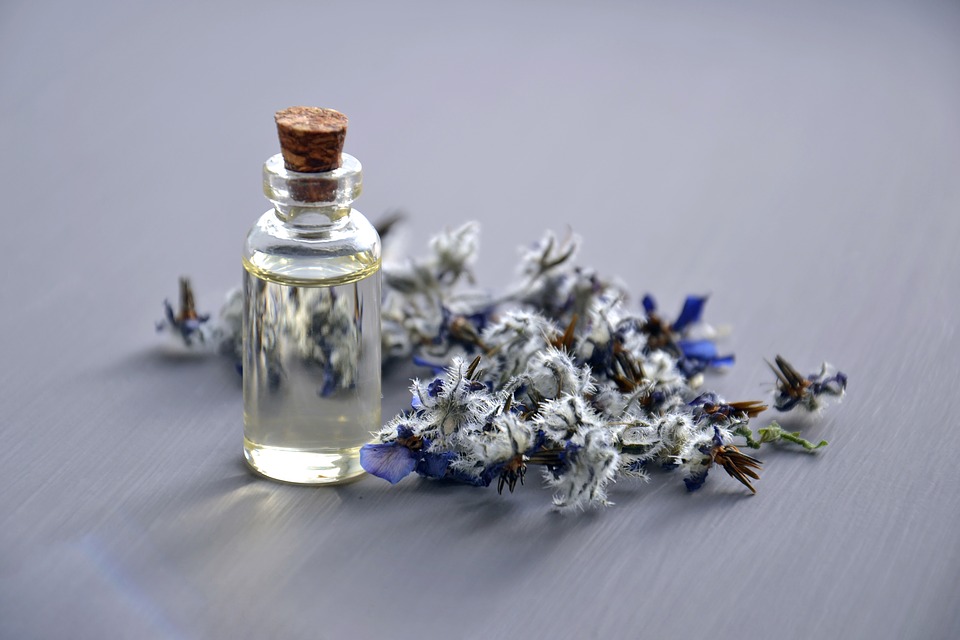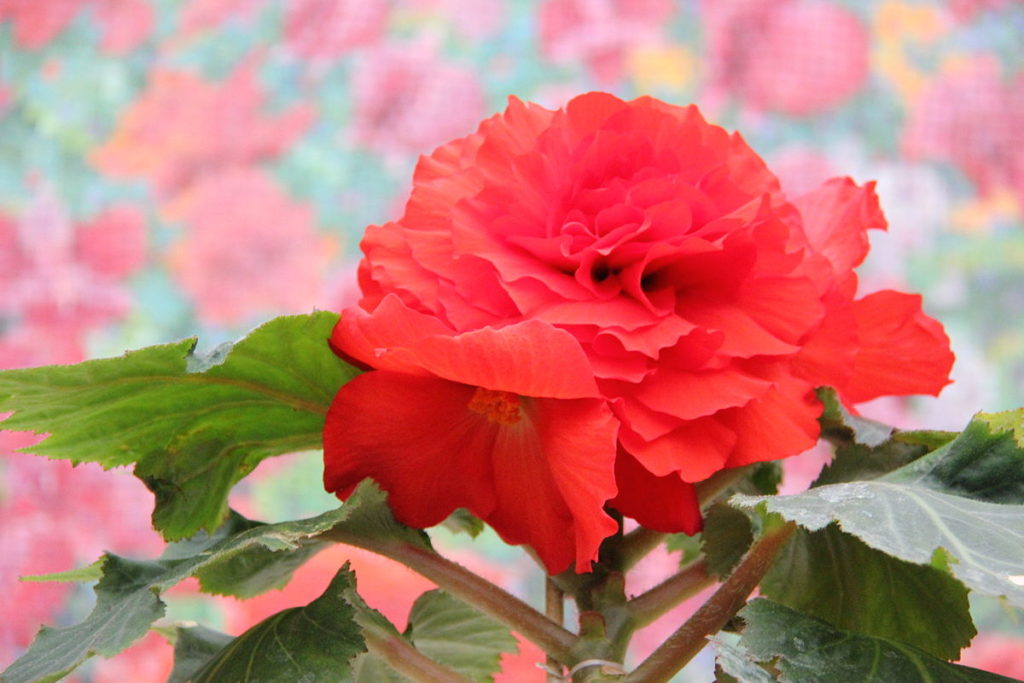“Millions of people could be risking their health by taking herbal remedies and prescription drugs at the same time, scientists warn,” is the front-page headline in the Daily Mail.
Researchers from South Africa reviewed instances of potential interactions between conventional drugs and herbal remedies, and found a wide range of dangers.
Looking at 49 reports of possible adverse reactions, they determined that 59% were probably caused by interactions between prescription drugs and herbal remedies. They also found 2 studies showing an additional 15 cases of drug-herb reactions.
Herbal remedies can affect the way drugs act on the body, either blocking their action or increasing their potency. Problems reported in the review included liver and kidney damage, bleeding, nausea, vomiting and diarrhoea, mental health problems, seizures and muscle pain.
Many combinations of drugs and herbal remedies caused interactions, but the most commonly mentioned drugs were warfarin and statins.
The review underlines the importance of telling your doctor that you’re taking herbal remedies if you’re prescribed a drug – just because a substance is described as a herb, that doesn’t mean it’s harmless or safe for everyone to use.
Some people are embarrassed to admit they’re taking herbal remedies, but it’s vital you tell your doctor or pharmacist.
Where did the story come from?
The study was carried out by researchers from the South African Medical Research Council and Stellenbosch University in South Africa. It was published in the peer-reviewed British Journal of Clinical Pharmacology on an open-access basis so is free to read online. No funding information was reported.
The Daily Mail, The Guardian and The Sun all gave a good overview of the study and its findings.
What kind of research was this?
This was a systematic review of case reports and observational studies containing descriptions of herb-drug interactions.
Systematic reviews are a good way to get an overview of the state of research on a topic. However, their overall quality depends on the strength of the studies included, and case reports are not a particularly reliable source of evidence.
What did the research involve?
Researchers looked for published evidence about herb-drug interactions – whether from clinical studies, observational studies or single-case reports – from January 2001 to August 2017.
Using 2 scoring systems, they assessed how likely it was that the herb-drug interaction caused the reported problem, looked at potential mechanisms through which it might have occurred, and evaluated how many case reports showed a “very probable”, “probable”, “possible” or “doubtful” drug interaction. They also presented results from 2 additional observational studies that contained reports of drug-herb interactions.
The scoring systems used were Horn’s Drug Interaction Probability Scale and the Roussel Uclaf Causality Assessment Method for liver damage.
What were the basic results?
The researchers found:
49 case reports of drug-herb interactions, of which they said 4 were “highly probable”, 25 “probable”, 18 “possible” and 2 “doubtful”
2 observational studies of hospital inpatients, 1 from Israel and 1 from Korea – the Israeli study reported 9 drug-herb interactions among 947 patients, and the Korean study reported 6 drug-herb interactions among 313 patients
Drugs affected included the blood-thinning drug warfarin, cholesterol-lowering statins, anti-cancer drugs, antidepressants, immunosuppressant drugs for organ transplants and antiretroviral drugs for people with HIV.
Herbal remedies included ginkgo biloba, St John’s wort, ginseng, sage, flaxseed, cranberry, goji juice, green tea, chamomile and turmeric.
The most common illness among patients who experienced a drug-herb interaction was cardiovascular disease. In these patients, interactions affecting warfarin or statins were most common. Herbs that interacted with these drugs included sage, flaxseed, St John’s wort, cranberry, goji juice, green tea and chamomile.
Other conditions affected included cancer, kidney transplants, depression, schizophrenia, anxiety disorders and seizures. One man died after a herbal remedy prevented his anti-seizure medication from working properly, resulting in him drowning.
Many people in the case reports were taking a combination of herbs or herbal preparations and a combination of prescription drugs, making it difficult to know which herb might have been interacting with which drug.
How did the researchers interpret the results?
The researchers said their review showed that “few cases of potential HDI [herb-drug interactions] have been documented in the literature despite the detrimental consequences of such interactions”.
They called for additional research to clarify how commonly used herbs can affect medicines, in order to “inform drug regulatory agencies and pharmaceutical companies about the need to update information in package inserts of medicines”.
Conclusion
Many people believe herbal remedies are safe, so they think they don’t need to inform their doctor that they’re taking them. However, all medicines, herbal or conventional, can have side effects.
Herbal medicines are also known to affect how conventional drugs work. For example, St John’s wort can be dangerous if taken with antidepressants and can stop the contraceptive pill from working.
This study shows that even commonly used herbs and spices, such as green tea and turmeric, can cause problems when combined with certain medicines. That’s why, if you’re taking conventional medicines, it’s crucial to tell your doctor if you’re taking or planning to take herbal medicines.
Your doctor can tell you whether the herb in question might interact with a drug or make a medical condition worse. Check the leaflets that come with your conventional medicines to see if they warn against taking herbal medicines alongside them. You can also ask a pharmacist for advice.
Find out more about herbal medicines. You can report any side effect or adverse reaction to a herbal medicine using the Yellow Card Scheme run by the Medicines and Healthcare products Regulatory Agency. This can help identify new side effects or risks associated with medicines, including herbal remedies.

